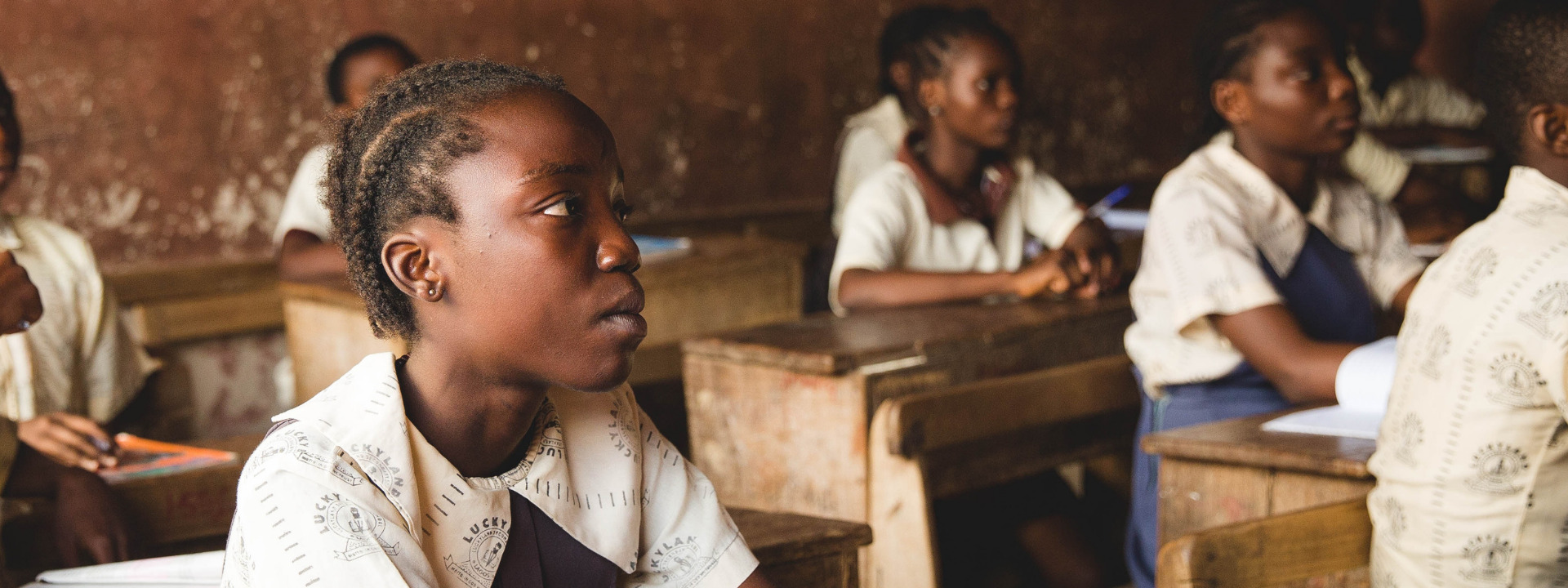
Quality education for all
Ensuring every child receives a quality education is one of the most effective levers for sustainable development.
Many kids in developing countries are out of school, with girls affected more than boys due to gender inequality. Education opens doors and provides disadvantaged kids and young people with a “way out”.
There is a direct correlation between the number of years a woman spends in education and how many children she ends up having. According to one study, African women with no education have, on average, 5.4 children; women who have completed secondary school have 2.7 and those who have a college education have 2.2. When family sizes are smaller, that also empowers women to gain education, take work and improve their economic opportunities.
POPULATION MATTERS
Population Matters is a UK-based charity working with partners, friends and stakeholders globally to achieve a better future for people and planet. Our vision is of a future in which our population co-exists in harmony with nature and prospers on a healthy planet, to the benefit of all.
Please sign up below for our monthly newsletter to find out more!
A UN survey showed that the more educated respondents were, the more likely they were to believe that there is a climate emergency. This means that higher levels of education lead to the election of politicians with stronger environmental policy agendas.
There have also been direct links made between education and health, wealth and empowerment.
Find out more about the need for quality, widespread education and other solutions that can slow population growth, enhance global justice and improve lives here.
